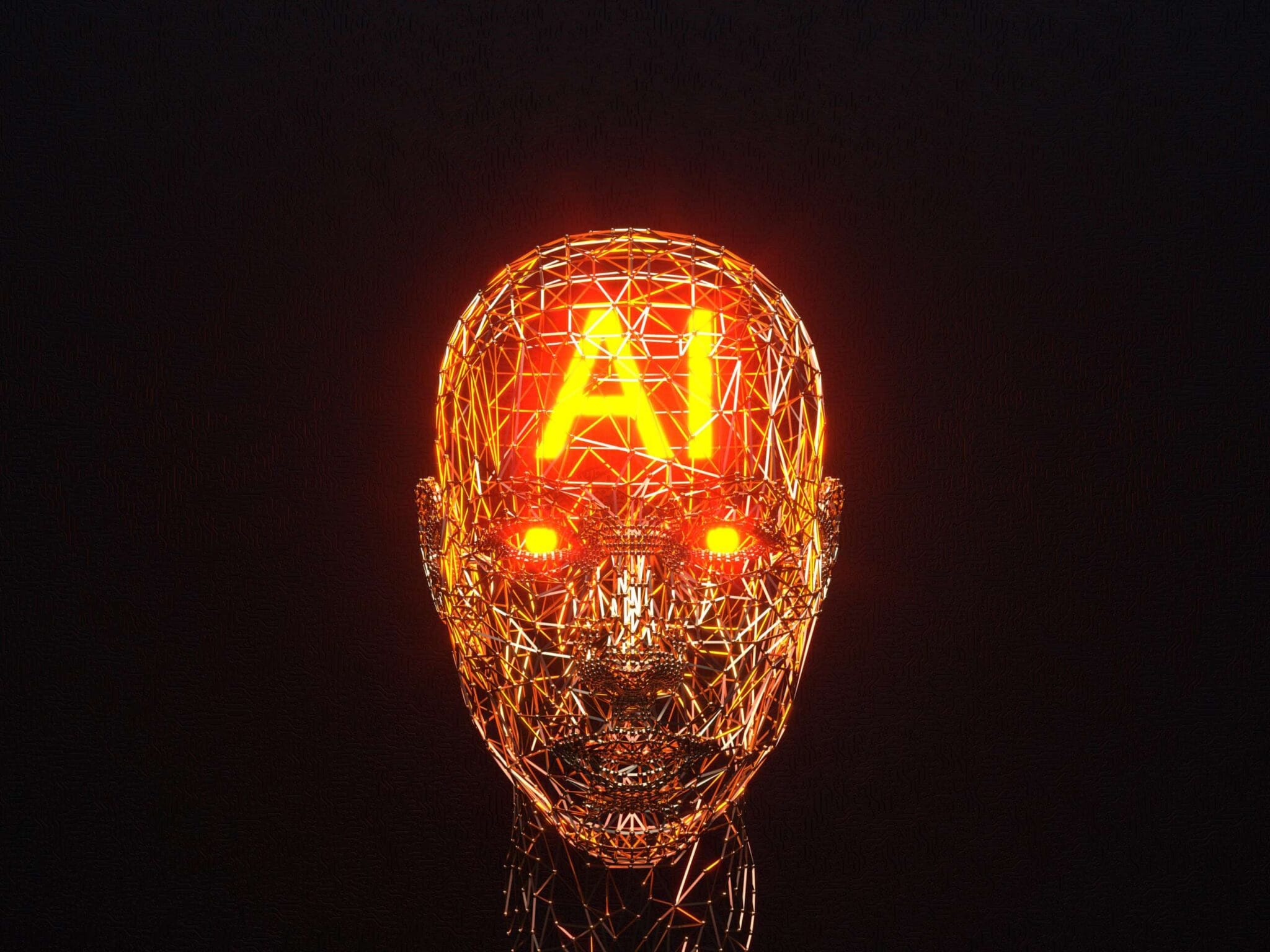Artificial Intelligence (AI) has become an undeniable force in shaping the future, permeating various facets of our lives. As AI continues to advance, so too does the ongoing debate regarding its safety and impact. In this exploration, we will delve deeper into the multifaceted perspectives on whether AI represents a harbinger of danger or a boon to humanity.
The Blessings of AI
- Innovation and Efficiency:
AI has ushered in a new era of innovation and efficiency, streamlining processes across industries. From predictive maintenance in manufacturing to smart supply chain management, AI’s capacity for optimization is reshaping the way businesses operate. - Medical Advancements:
The healthcare industry is experiencing a profound transformation through AI. From diagnosing diseases more accurately to personalized treatment plans based on genetic data, AI is enhancing patient care and contributing to groundbreaking medical discoveries. - Environmental Impact:
AI’s potential to address environmental challenges is garnering attention. Applications range from optimizing energy consumption in smart cities to monitoring and managing ecosystems. Harnessing AI for sustainability initiatives holds promise for mitigating climate change and preserving natural resources. - Scientific Discovery:
In research and development, AI is accelerating scientific discovery. Its ability to analyze vast datasets and simulate complex scenarios is aiding scientists in fields such as chemistry, physics, and astronomy, leading to breakthroughs that were previously unimaginable.
The Perceived Dangers of AI
- Job Displacement:
The increased automation brought about by AI raises concerns about job displacement, particularly in industries relying heavily on routine tasks. Preparing the workforce for this shift and fostering new skills becomes imperative to navigate the evolving job landscape. - Ethical Dilemmas:
The ethical considerations surrounding AI are significant. Issues such as bias in algorithms, the potential for autonomous decision-making, and the responsible use of AI in sensitive areas like criminal justice underscore the need for robust ethical frameworks and oversight. - Security Risks:
As AI systems become more sophisticated, concerns about their misuse for malicious purposes are growing. From deepfake technology creating realistic yet fabricated content to the potential application of AI in autonomous weapons, security risks necessitate vigilant regulation and international cooperation.
Striking a Balance
Balancing the promises and perils of AI requires a collaborative effort involving developers, policymakers, ethicists, and society at large. Establishing clear ethical guidelines, fostering transparency in AI systems, and prioritizing ongoing education are essential steps toward ensuring that AI’s trajectory aligns with human values and societal well-being.
The discourse surrounding the perceived dangers and blessings of AI is nuanced and evolving. As we navigate this era of rapid technological advancement, fostering a comprehensive understanding and proactive engagement with AI’s implications will be crucial. By doing so, we can collectively steer the trajectory of AI toward a future where it serves as a powerful force for progress, innovation, and positive societal impact.

